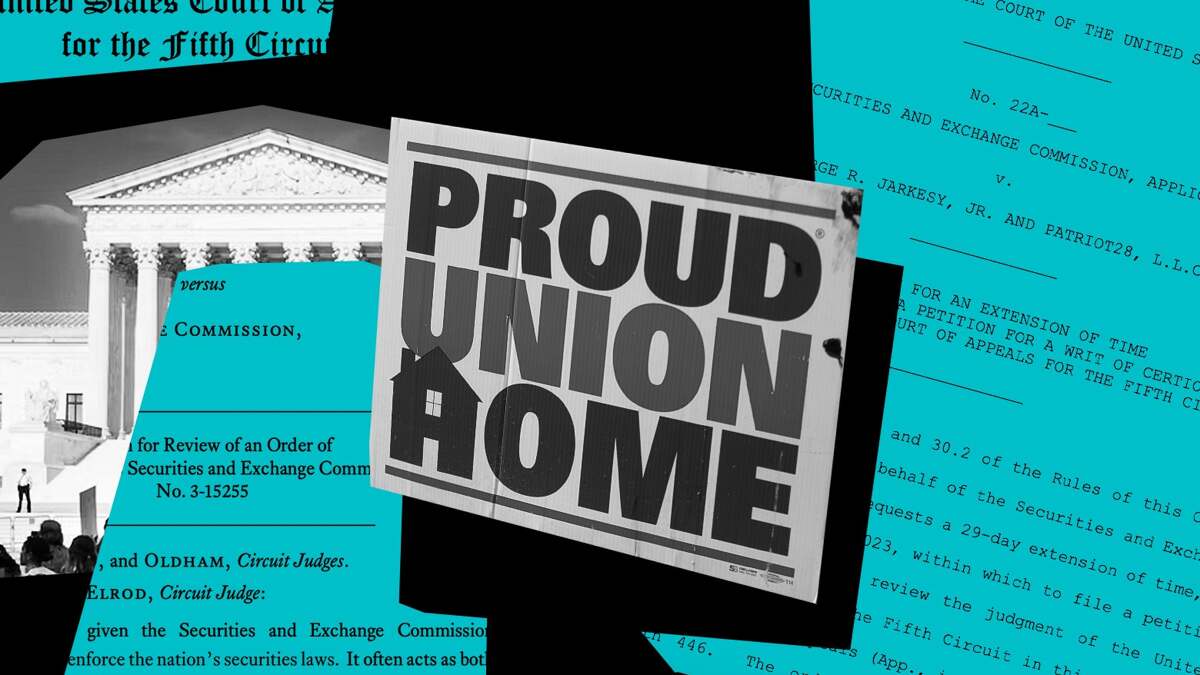On Wednesday, the Supreme Court will hear arguments in Securities and Exchange Commission v. Jarkesy to review a ruling that set aside a decision of the SEC that the hedge fund manager George Jarkesy committed fraud when he misrepresented his financial position to investors. Based on that finding, the agency barred Jarkesy and his company from certain parts of the investment business, imposed $300,000 in penalties on him, and required him to disgorge unlawful profits of nearly $685,000. What makes this case so extraordinary is not that the U.S. Court of Appeals for the 5th Circuit concluded that the SEC’s decision was unconstitutional, but the substance of the three separate grounds it found for doing so. If the lower court ruling is upheld, it would likely make adjudications by most federal agencies (and not just the SEC) a thing of the past. Here’s why.
The legal arguments are complicated, but the consequences of the 5th Circuit’s ruling, if upheld, would be straightforwardly devastating. First, Jarkesy argues that the SEC’s decision must be vacated because the agency sought civil penalties and disgorgement of unlawful gains in an agency proceeding and not in a federal court, where he would be entitled to a jury trial under the Seventh Amendment. The result would be the demise of agency proceedings if any agency―not just the SEC―sought monetary relief except in federal court. Not all agencies have the statutory authority to bring cases in federal court, and if they wanted the right to recover money from a wrongdoer, today’s stalemated Congress would need to act (it won’t). Even agencies that currently have the right to go to court would have to choose between getting full relief in court or settling for an order stopping the unlawful conduct, which they could do in an administrative proceeding. And to the extent that agencies choose the federal court route, those courts would see a significant increase in complex litigation, with no new judges or additional resources.


